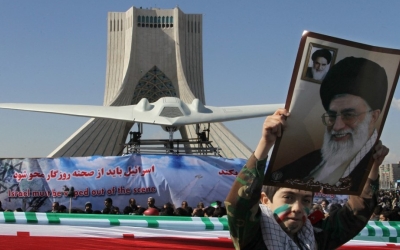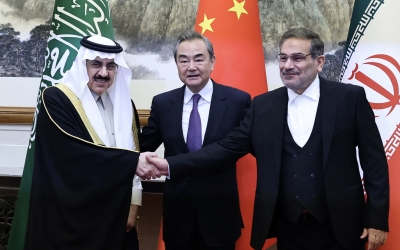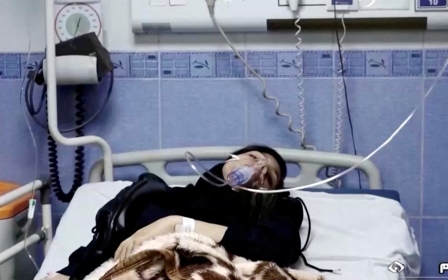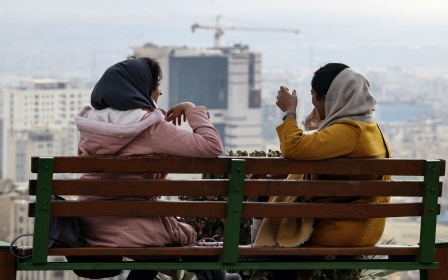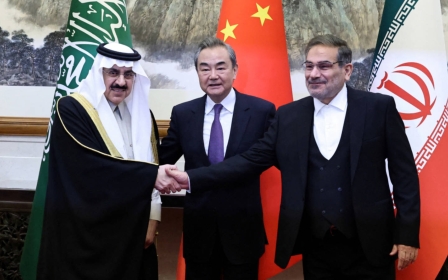Iranian press review: Married couples seek 'divorce mafia' to avoid legal obstacles
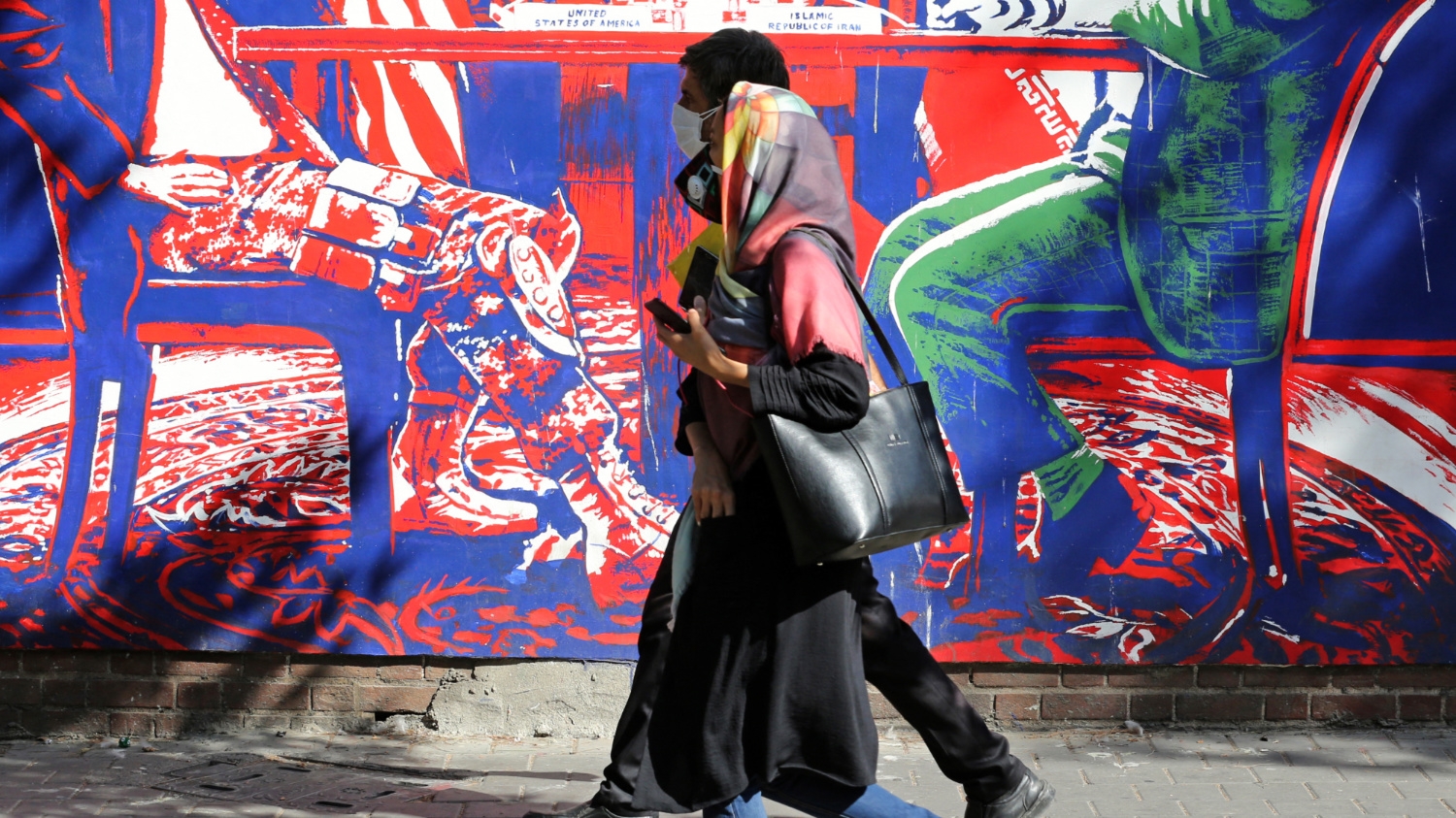
'Divorce mafia' in family courts
Iranian couples looking to end their marriage are recruiting divorce attorneys to help them get around legal obstacles imposed by the government to decrease the country's divorce rate, the Hamshahri daily reported.
Under the headline "Divorce mafia", the daily wrote that the lawyers could finalise a divorce in 10 to 20 days without the need for the couples to appear in court. This process usually can take up to two years if the couples pursue the cases themselves.
The daily added that lawyers' fees for this service were about $150, and said couples seeking consensual divorce are widely using their services.
The divorce rate in Iran is 2.2 per 1,000 people, ranking 25th on the list of countries with the highest divorce rates.
In 2014, when conservative President Ibrahim Raisi was the head of the judiciary, he passed regulations obliging couples consensually seeking divorce to participate in counselling sessions and appear before a judge several times.
To bypass these regulations, divorce lawyers ask the couples to make their application as a contested divorce, then use their links in the judicial system to end the marriage legally, the daily reported.
IRGC equips its speedboats with new weapons
Media affiliated with Iran's Islamic Revolutionary Guard Corps (IRGC) reported that the country's elite force has deployed new speedboats equipped with laser-guided cruise missiles and air defence systems, as well as a replenishment vessel armed with suicide drones.
On Tuesday, the Mehr news agency quoted brigade general Alireza Tangsiri, head of Iran's Revolutionary Guard Corps Navy (IRGCN), as saying the newly unveiled Shahid Bahman Bagheri warship carried suicide drones with a combat range of 1,300km.
Tangsiri said the vessel was also equipped with vertical take-off and spy drones.
On Monday, the Tasnim news agency released a video of new speedboats joined to the IRGCN forces in the Gulf.
The report said the speedboats were armed with anti-ship cruise missiles capable of attacking targets in a range of 180km.
The Fars news agency reported that, for the first time, one of the IRGCN speedboats was equipped with the Navab air defence system, designed to target helicopters.
Following international sanctions on Iran's arms trade, the IRGC focused on developing domestically made speedboats and drones. Some of these suicide drones have been used by Russia in its war on Ukraine.
Mahsa Amini's family lawyer summoned
Saleh Nikbakht, one of the lawyers of Mahsa Amini's family, was summoned to a branch of Iran's Revolutionary Court at the infamous Evin prison, Khabar Online reported on Tuesday.
Nikbakht was accused of "propaganda against the establishment", and the court investigator ordered an interim judicial release until the court hearing.
Khabar Online said the prosecutor made the accusation based on interviews Nikbakht gave to foreign media about the case related to the Amini family.
Mahsa Amini, a 22-year-old woman from the Kurdish city of Saqqaz, died in the custody of Iran's morality police in September after she was detained for not wearing the hijab "properly". Her death sparked nationwide protests in which over 500 were killed by riot police and Revolutionary Guard forces.
In late September, the Amini family filed a complaint at the country's criminal court against the police and the officers who had arrested their daughter. No further information about their case has been released.
Nikbakht had previously defended political prisoners and Kurdish activists and was under pressure by the security forces before agreeing to take on the Amini case.
Several lawyers defending political activists have been sentenced in Iran in recent years, including prominent lawyer Nasrin Sotudeh who has been in prison since 2019.
Analysts downplay impact of Iran-Belarus ties
Iranian foreign policy experts have welcomed the attempts by President Ebrahim Raisi's administration to expand ties with other countries. However, they have shed suspicion on the positive impact of developing relations with Belarus.
On Monday, a high-level delegation led by Belarusian President Alexander Lukashenko began a two-day visit to Tehran.
Lukashenko held meetings with Raisi and Iran's Supreme Leader Ayatollah Ali Khamenei, and the two countries signed eight agreements.
Analysts in Iran stressed that Moscow was the main force behind the new move by Tehran and Minsk to improve political and economic ties, with the objective of creating a bloc in alliance with Russia against the US and Europe.
Kiumars Yazdanpanah, a geopolitics expert, told the ISNA news agency that relations between the two countries did not have "strategic importance" for Tehran, adding that "Belarus is actually Russia, but in a smaller size".
Yazdanpanah said that one of the leading interests for Iran in improving ties with the east European country was Belarus's military industry.
The Arman Meli daily quoted Hassan Beheshtipour, a foreign policy analyst, as saying that "during the past two years, Iran and Russia have strengthened their relations, so Belarus, Russia's close ally, also welcomed more ties with Iran".
*Iranian press review is a digest of news reports not independently verified as accurate by Middle East Eye.
Middle East Eye propose une couverture et une analyse indépendantes et incomparables du Moyen-Orient, de l’Afrique du Nord et d’autres régions du monde. Pour en savoir plus sur la reprise de ce contenu et les frais qui s’appliquent, veuillez remplir ce formulaire [en anglais]. Pour en savoir plus sur MEE, cliquez ici [en anglais].


